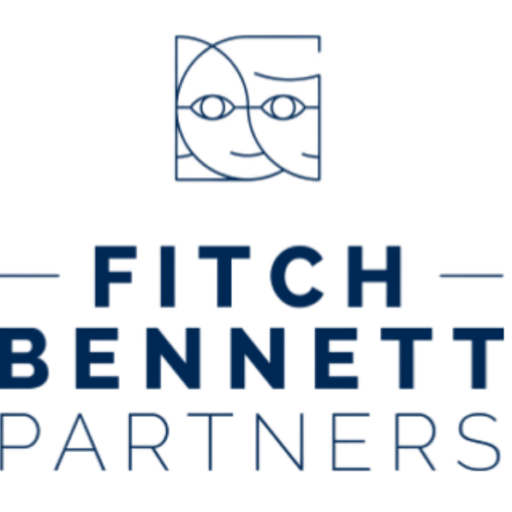The start-up, scale-up and unicorn ecosystem:
224,000 jobs are expected to be created between 2020 and 2025 – one of France’s leading private sector job creators source (French Tech Next40/120 Business Impact Barometer | Roland BergerFor every direct job created by start-ups, 5.2 indirect jobs are created – compared to an average of 1.4 for industrial companies in France.
For 64% of French start-ups, the difficulty of recruiting talent is the main obstacle to their development. Among the profiles most sought by French start-ups, we still find programmers and developers, sales and marketing profiles, and source data analysts «The economic and social performance of digital startups in France»(francedigitale.org).
The attractiveness of a start-up to recruit depends on the interest of the mission, but also on the compensation package offered.
It is based on both fixed and/or variable remuneration, and on capital incentive mechanisms (BSPCE, free shares, stock options). The mechanisms for capital incentives obviously make it possible to create a strong link between the start-ups and their employee, who is financially interested in increasing the value of the company. They are essential tools to attract skilled talent to innovative companies that do not necessarily have the cash flow to compete with the digital giants.
The tools for employee profit-sharing are widely used by start-ups but are limited as the company develops:
More than half of the employees (51%) of start-ups with an annual turnover of between €5 and €50 million benefit from Business Start-Up Share Warrants (BSPCE) and Share Warrants (BSA), and 68% benefit from free shares22. In comparison, in scale-ups with sales above €50 million per year, only 34% of employees benefit from BSPCE and BSA. In order to access the BSPCE regime, corporations must have been created less than 15 years ago. Of the 120 most promising French technology companies, 48% have been founded for more than 10 years (and are therefore approaching the deadline). When they are no longer eligible, they will have to find other mechanisms to recruit talent.
Failing to find qualified profiles in France, 23% of recruitments in French start-ups in 2020 are international. Only 8% of graduates in science, technology, engineering and mathematics (STEM) come from Europe (60% of graduates are Chinese or Indian). At European level, France is in 17th position in terms of «human capital» source Homepag (europa.eu).
Today, French start-ups stand out internationally for their ability to think far beyond mere commercial success.
By wanting to have a societal and environmental impact, and implement technological innovations (circular economy, decentralized market places, artificial intelligence, robotics…) at the service of major causes such as education, health, personal safety, personal data protection, housing, environmental resources, inclusion and social cohesion. There are nearly 727 French impact start-ups, which have raised €4.4 billion in total since their creation, and now employ 17,802 people from “Bpifrance le Hub et France Digitale dévoilent le 1er Mapping des startups tricolores à Impact – France Digitale”
Despite the health crisis, the turnover of start-ups increased by 15% compared to 2019 to reach nearly €7bn in revenue. The majority of French start-ups expect revenues to grow between 26% and 50% for the year 2021; French start-ups achieved record lifts in the first half of 2021 with €5.14 billion in six months, +90% over a year 55. Top 5 sectors of these surveys: Internet services FinTech Life Sciences Software and computer services Cleantech France today has twenty unicorns, start-ups valued at more than a billion dollars. In comparison, the United States has 280 unicorns, China 130 unicorns and the United Kingdom 105.
All analysts agree that start-ups are about to enter a period of very strong competition in which only those who know how to get started will survive.
How? By distinguishing themselves from their competitors, by recruiting the best profiles to accelerate their development, in short by aiming for outperformance and growth points that will be closely looked at by investment funds to sort good and bad projects.
Fitch Bennett Partners strengthens the expertise of this ecosystem by regularly supporting these innovative companies in their recruitment.
Frédéric Aymonier – Co-founder of Fitch Bennett Partners




